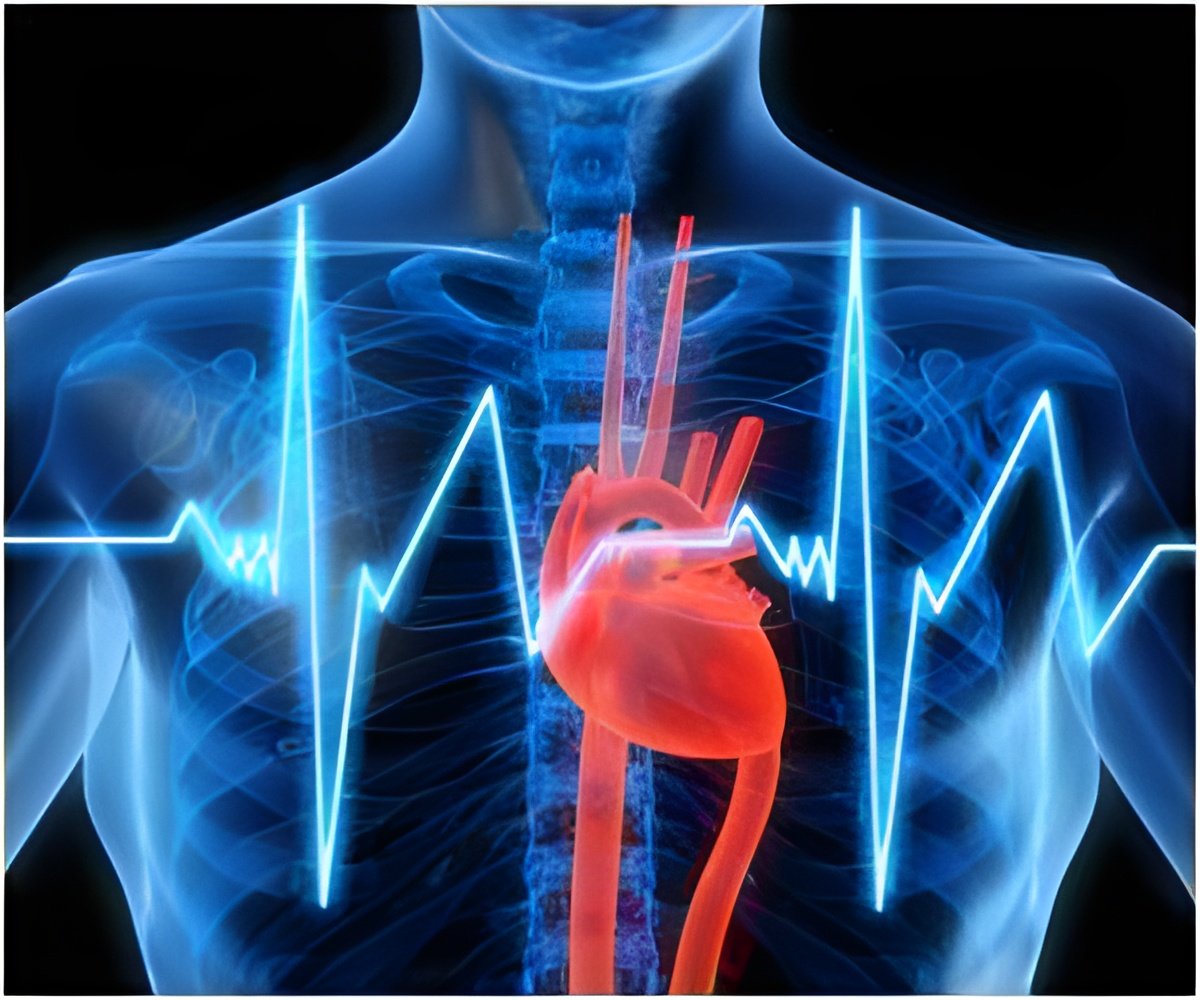Educating women about heart attack symptoms and early warning signs of the disease may shorten the time to treatment and eventually cut risk of risk of death or grave disability.

In hopes of shortening women's time to treatment, Pamela Stewart Fahs, professor and Decker Chair in Rural Nursing at Binghamton University's Decker School of Nursing, is collaborating with Melanie Kalman, associate professor and director of research, and Margaret Wells, assistant professor, in the College of Nursing at SUNY Upstate Medical University, on a project called "Matters of Your Heart."
Stewart Fahs, Kalman and Wells conducted the first phase of their project under an intramural research grant from SUNY Upstate. Their first task was to develop a questionnaire to measure a woman's knowledge of heart attack symptoms and warning signs. They then created a pilot version of an educational presentation.
Working with 141 post-menopausal women, Stewart Fahs and Kalman held small-group sessions to administer the questionnaire, present the program and then give the questionnaire again.
"We did find that the educational program increased knowledge," Stewart Fahs said.
The researchers based the presentation in part on a program that Stewart Fahs developed several years ago to teach rural residents about symptoms of a stroke. That program employed an acronym created by the American Heart Association - FAST, for Face, Arm, Speech and Time.
Advertisement
The next phase of the project will focus on testing whether using acronyms for female heart attack and its warning symptoms improve knowledge as compared to using an educational program without them.
Advertisement
"Having knowledge doesn't necessarily change your behavior," Stewart Fahs said.
"But if you don't have the knowledge, you're unlikely to change." Stewart Fahs added.
Once they have perfected the program, the researchers will share it with hospitals, community health agencies and other healthcare organizations. Besides offering the PowerPoint slides for classroom use, they might someday use communication technologies to give the presentation a broader reach, Stewart Fahs said.
Source-ANI














